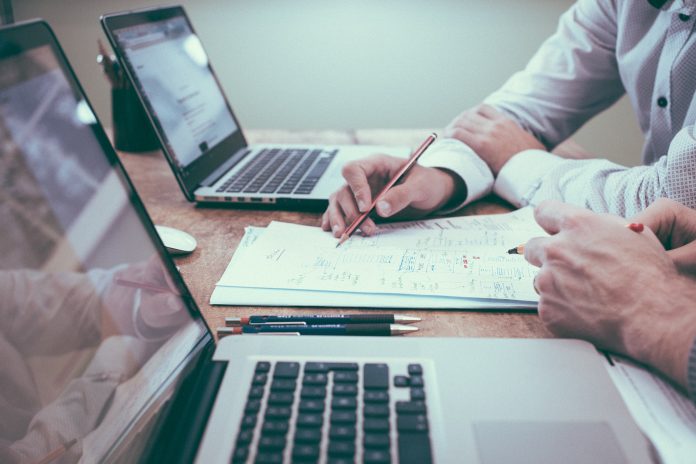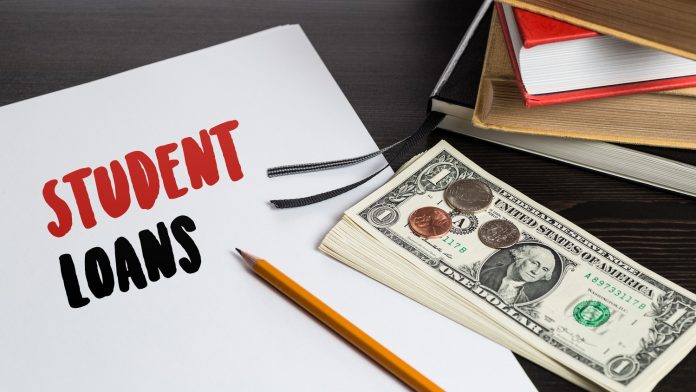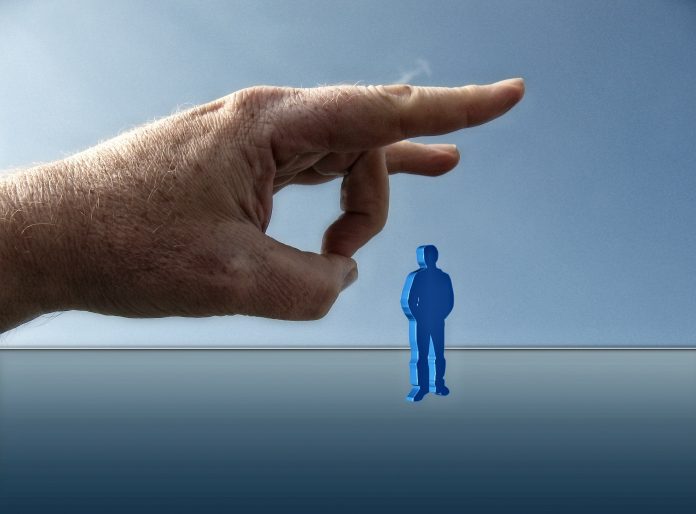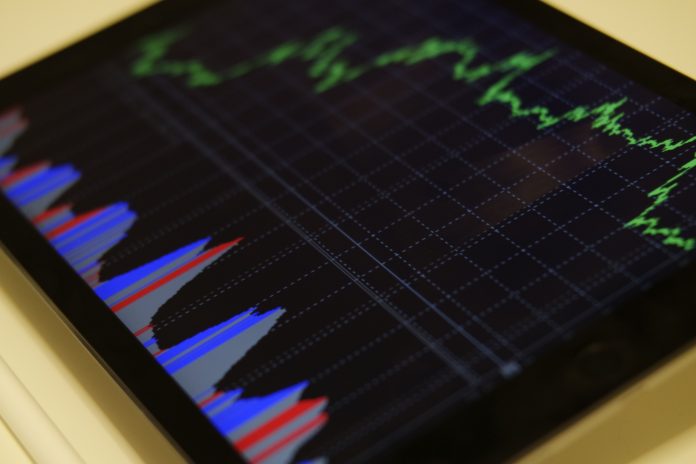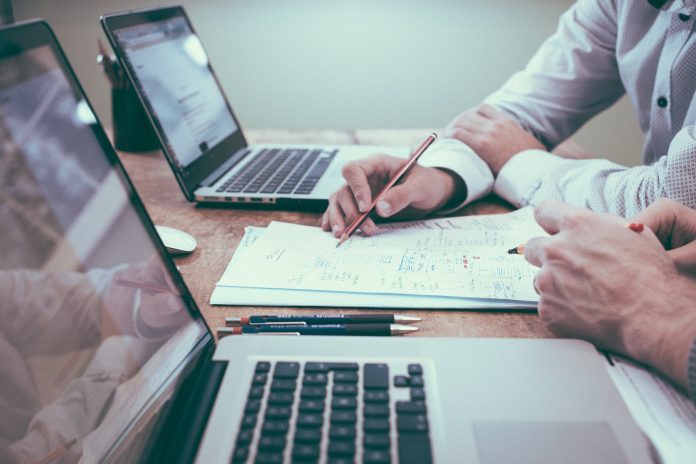
In one way or another, the Coronavirus is affecting lives across the globe. One of the most affected areas during this pandemic is the global economy, with experts expecting the global GDP rate to shrink by 5.2%. According to the World Bank, this is the deepest recession we’re experiencing since World War II.
The current global rates of confirmed cases are 22.5 million, with over 790,000 confirmed deaths. While countries are reopening borders and lessening movement restrictions to save their economies, many people are already suffering financially. The effects will not only be current but in the future, too. Ultimately, it affects how we will save, invest, and spend our money years to come.
Rethinking future saving habits
Until the Covid-19 hit, the rule of thumb was to have an emergency fund that could cater to at least 3 to 6 months of your basic expenses. This fund is necessary to survive without plunging into debt if you lose your job or fall ill and cannot afford to work. And by surviving, we mean putting food on the table and keeping you under a roof, not catering to your lavish lifestyle.
More than ever, there is a need for an emergency fund that can last longer, for at least 1 year. If we dive into a recession as predicted, there is a likelihood of losing your job or getting a pay cut. Whether it happens or not, you need to be prepared, and building a good emergency fund can get you through this period.
Changing spending habits
The global lockdowns led to a direct effect on most industries; the global spending rates changed. As we advance, we can expect spending habits to change in major aspects of people’s lives.
Living expenses, for example, will change due to the Work From Home measures. Office life is dying or changing drastically, and many companies are embracing remote working systems. Google employees will be working from home the whole of 2020 and the better half of 2021. Many companies are joining this bandwagon, including Twitter and Facebook.
The pandemic has also taught people the need to live a more comfortable life and spend more time with their loved ones.
With the new working from home system, people can move to more affordable cities or small towns to be closer to family, especially if the only thing tying them to big and expensive cities is work. Such movements will help reduce some living expenses like rent, groceries, transport, and gas money.
Investing Habits
Coronavirus is not sparing stock markets, which is also affecting personal investments. During the onset of the pandemic, stock activities revolved around selling investments like stocks, gold, forex, and bonds.
But for a generation that has lived through the great depression, too, holding more cash than investments could be one of the greatest assets. This applies not only to individuals but also businesses.
Many investors are looking to invest in businesses with lower debt levels, stable balance sheets, and cash flows, and reputable dividend streams. And so should you. Your investments need to be in a company within industries that can withstand market volatility.
The economic disruption due to Coronavirus will persist for years. Your future financial outlook and behavior will change, with saving, spending, and investing topping the list. No matter what, the pandemic affects you and there will be a great need to adjust in all aspects if you wish to secure your financial future.
